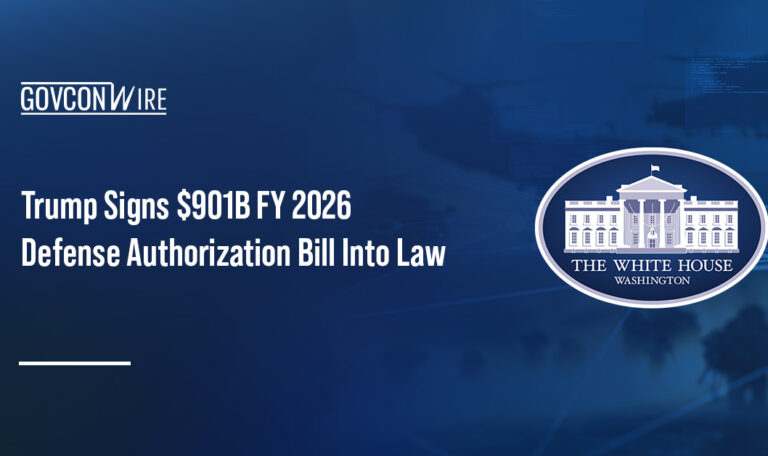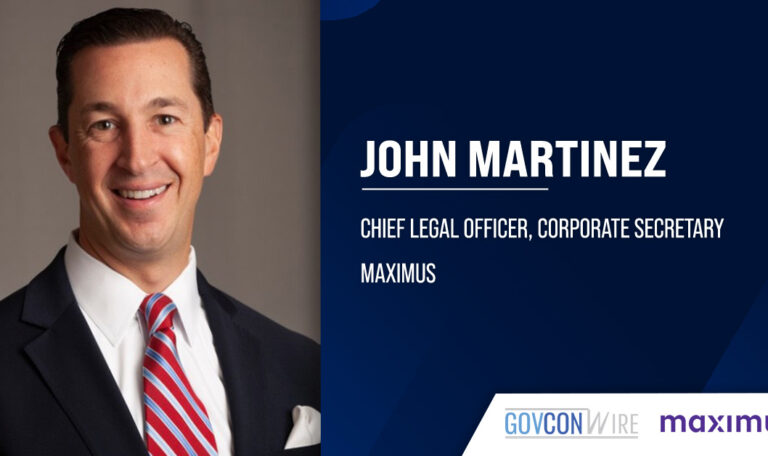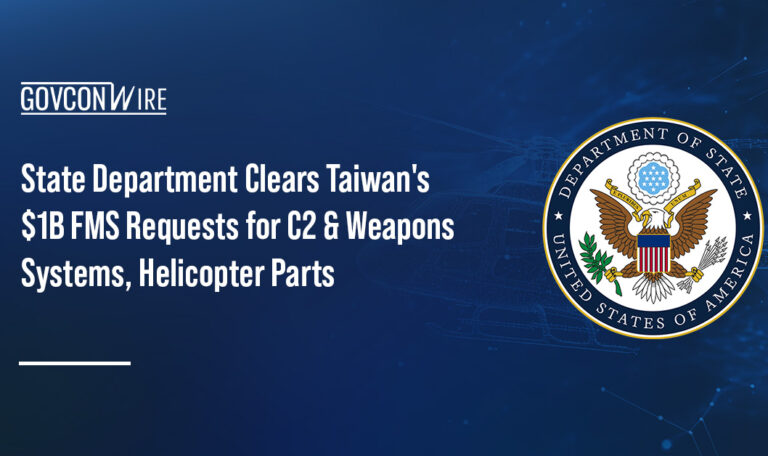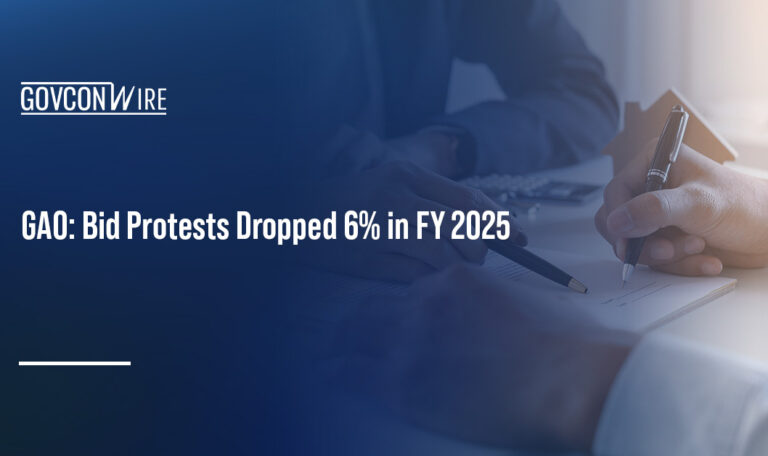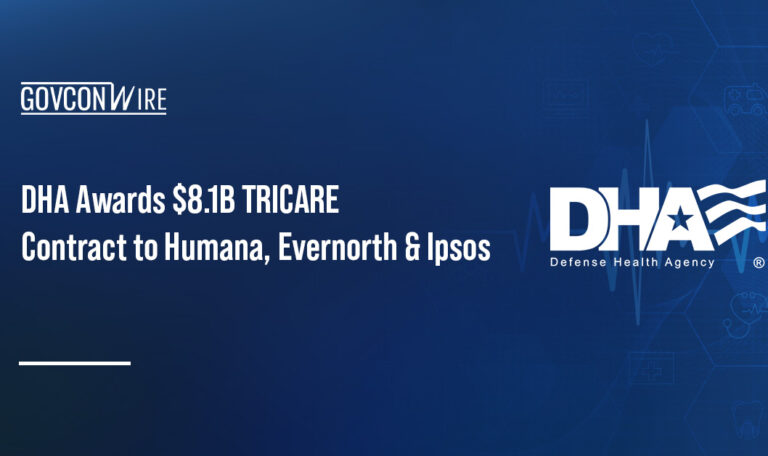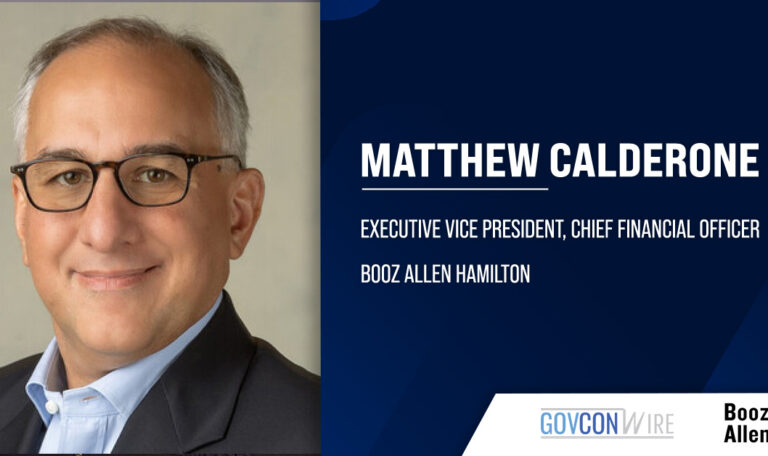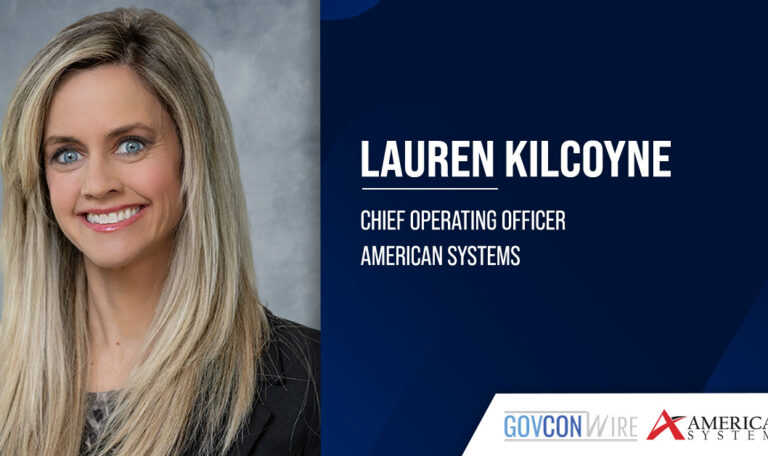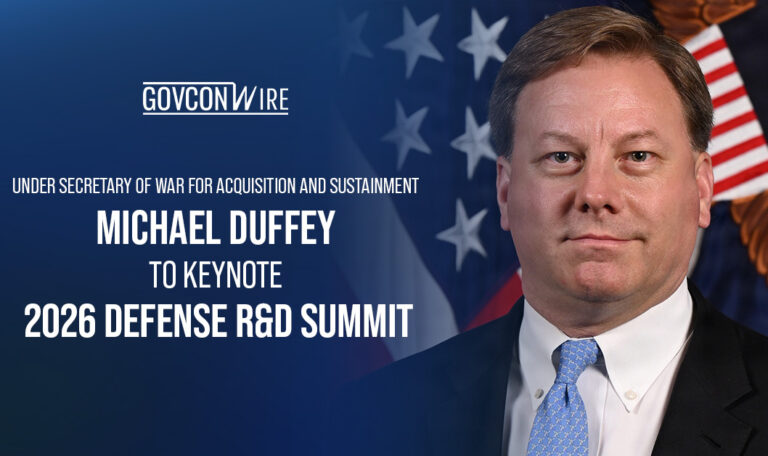On Tuesday, Potomac Officers Club (POC) hosted its Bolstering Climate Resilience for National Security Forum featuring Dr. Erwin Villiger of LMI, Dr. Kathleen White from the Office of the Deputy Assistant Secretary of Defense and Dr. Terence Thompson of the Climate Service as panelists during a full discussion exploring the implications of climate change on our national security and how data analytics can inform agencies’ climate adaptation strategies.
Following an opening keynote from Senior Climate Advisor for the Office of the Secretary of Defense Joseph Bryan, the Forum’s moderator Pat Tamburrino, Jr., vice president of Logistics with LMI, introduced the panelists to the virtual audience.

After detailing some of the histories for each expert panelist, Kathleen White, program director for the Office of the Deputy Assistant Secretary of Defense took the stage and provided a brief explanation for how the current set of climate-related risks create both significant challenges for us moving forward as well as great opportunities.
She emphasized the importance of the challenges facing the massive amount of climate data that is available and agreed with Joseph Bryan’s assessment that the Department of Defense (DOD) is aware of the challenges and impact that climate change has had on mission requirements, costly damage to property and infrastructure as well as training and modeling projections.
“We need to meet these challenges with ambitious and immediate actions. We must adapt to the realities of climate change,” Dr. White explained. “DOD is adapting installations and equipment, make sure that we can operate on changing climate conditions, preserving our operational capability, and enhancing and protecting these national systems that we rely on.”
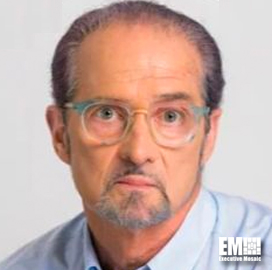
Dr. Terence Thompson, chief science officer for the Climate Service, took the stage after Dr. White to continue the conversation with a look into defense specific side of how climate change is impacting our national security efforts and how we address them head-on moving forward.
He made the same observation as Dr. White that the amount of climate data available presents a very daunting challenge, but he wanted to broaden the topic to include the analysis of the data as well as the challenges of climate change being location-specific to key areas of our planet.
In addition, Dr. Thompson introduced the topics of the greater global picture to specify regions and the materials that could be impacted the most across various countries and agricultures as well as the role that the private and commercial sectors can have on climate in the days to come.
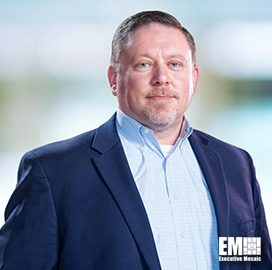
LMI Principal Dr. Erwin Villiger was the last panelist introduced to the Forum. He addressed the more immediate national security concerns that will impact us, such as natural disasters, and pandemics.
He emphasized that issues like extreme weather have been quite common across the globe, but their impact can only become even more devastating as changes in precipitation and temperature become more volatile. And extreme heat or humidity will be a challenge for the world’s warfighters in the specific regions that will be affected the hardest by climate change.
Dr. Villiger also mentioned the challenges that are being posed by population density and growth as well as the consequences of not utilizing all the data we have available to project the best areas to focus our efforts and give us the best chance for future success for the Earth.
Visit the Potomac Officers Club’s Event Page to hear the full expert panel discussion as well as the closing keynote that followed from Dr. Rod Schoonover, head of the Ecological Security Program Council on Strategic Risks as well as the rest of the Bolstering Climate Resilience for National Security Forum.

On Tuesday, Sept. 22nd, Potomac Officers Club will host its Meeting the Challenge of Climate Change in Industry, Government and Society Virtual Forum to define a clear picture of the challenges that the U.S. and the rest of the world are facing as well as some of the most significant questions surrounding climate change.
Dr. Renee McPherson, university director for the University of Oklahoma’s South Central Climate Adaptation Science Center, will serve as the keynote speaker for the Forum to discuss the societal and ecological impacts of climate variability and change as well as its long-term impact on the health of the Earth, our national security and way of life.
Visit PotomacOfficersClub.com to register for the platform’s Meeting the Challenge of Climate Change in Industry, Government and Society on Sept. 22nd.




